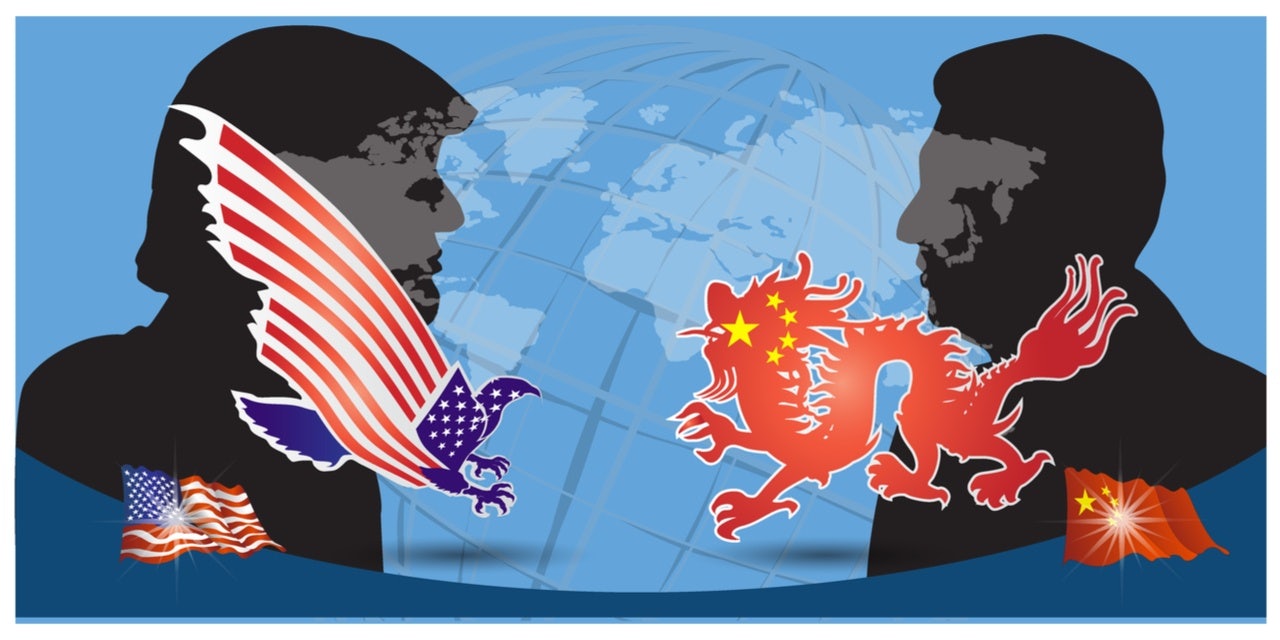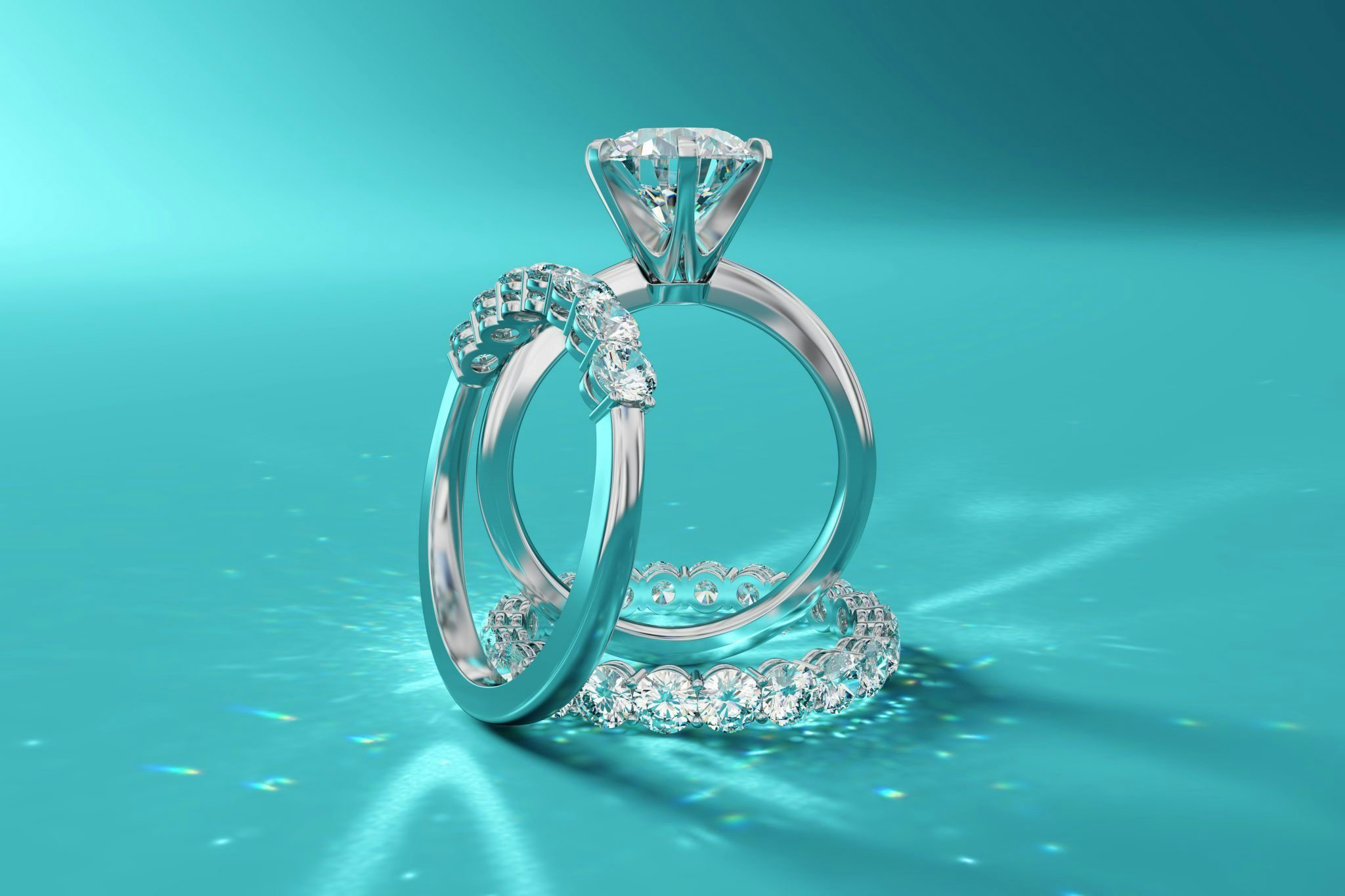While President Donald Trump may see his temporary trade war truce with Chinese President Xi Jinping as a big win, there’s little in the deal that would benefit the luxury goods industry -- one which relies on the Chinese market for a significant portion of sales.
Aside from the 90-day freeze on additional tariffs while the two sides negotiate a longer-lasting deal, China has reportedly agreed to increase its purchases of industrial and agricultural goods from the US. That point may benefit the US economy overall, just as it sent Dow Futures soaring before the market opened Monday, but it won’t reduce the tariffs that are already in place on goods exported to China.
There was no joint statement or press conference following the Trump-Xi meeting in Buenos Aires on December 1, which means the public doesn’t know what each side expects in a potential trade deal. Chinese media, meanwhile, has not mentioned any details of the meeting or commented on Trump’s claim that China would reduce tariffs on American cars.
The trade deal does little more than maintain the status quo initiated by the Trump administration, but even more worrying is that the trade war could now escalate at the end of February. The timeline for the tariff freeze is likely related to the Chinese Lunar New Year beginning on February 5 -- a time when many Chinese citizens make major purchases for their families -- and should maintain prices at the current levels for the weeklong holiday.
In the third quarter, luxury brands did not report a decrease in sales in China, but they also did not offer any positive assurances for the fourth quarter. Companies did not explicitly say that sales in China would decline heading into 2019, but a slowdown in growth was implied based on revenue targets. Most recently, Tiffany & Co. claimed to be the first victim of the trade war when they reported third-quarter sales in the U.S. (which are heavily reliant on Chinese tourists) were lower than expected. The company blamed the sales slump on the decline in Chinese tourist arrivals in the U.S., which is partly due to the devaluation of the yuan (for which the trade war is also a factor).
A permanent freeze versus a roll-back of tariffs may depend on non-economic concessions that China seeks, including tensions surrounding the South China Sea and Taiwan. In contrast, the U.S. will seek an end to economic barriers in China, such as eliminating the technology transfer policy and improving intellectual property protections.
But the damage may already be done to luxury brands, and a continuation of the status quo for another 90 days obviously won’t improve sales. Therefore, brands, particularly U.S. luxury brands, which rely heavily on sales in China will have to hold their collective breath while the two nations negotiate a longer-lasting trade deal -- all while these companies start formulating contingency plans for if these talks break down.

